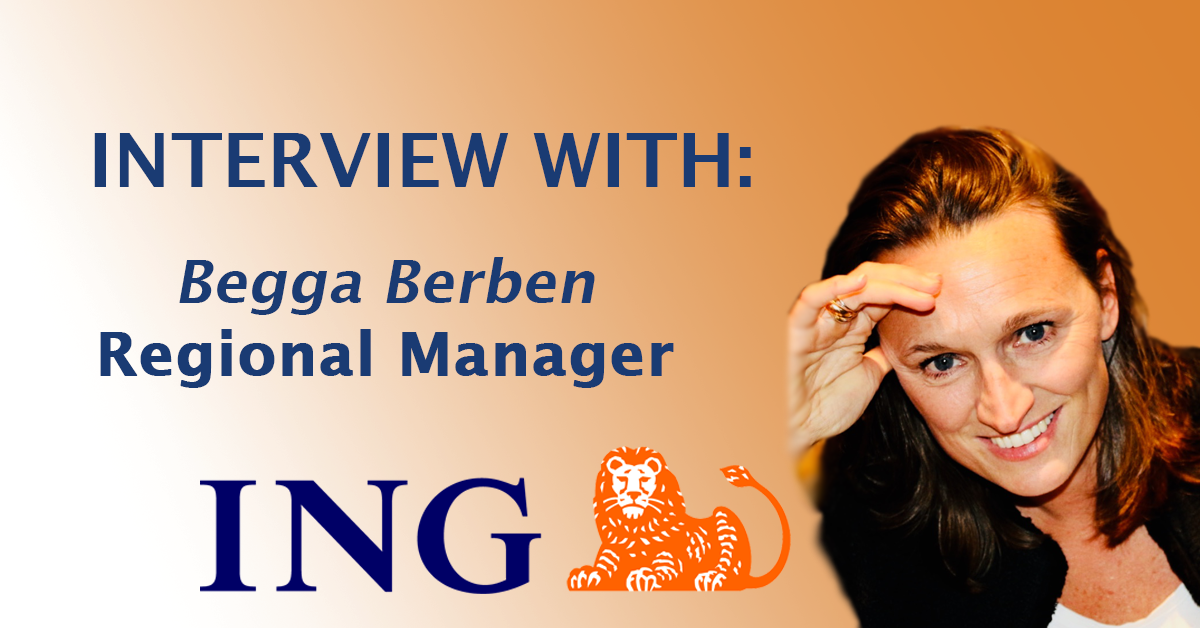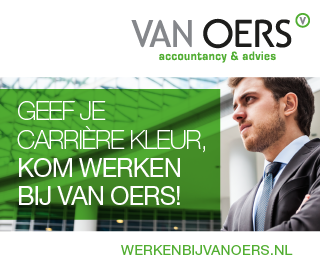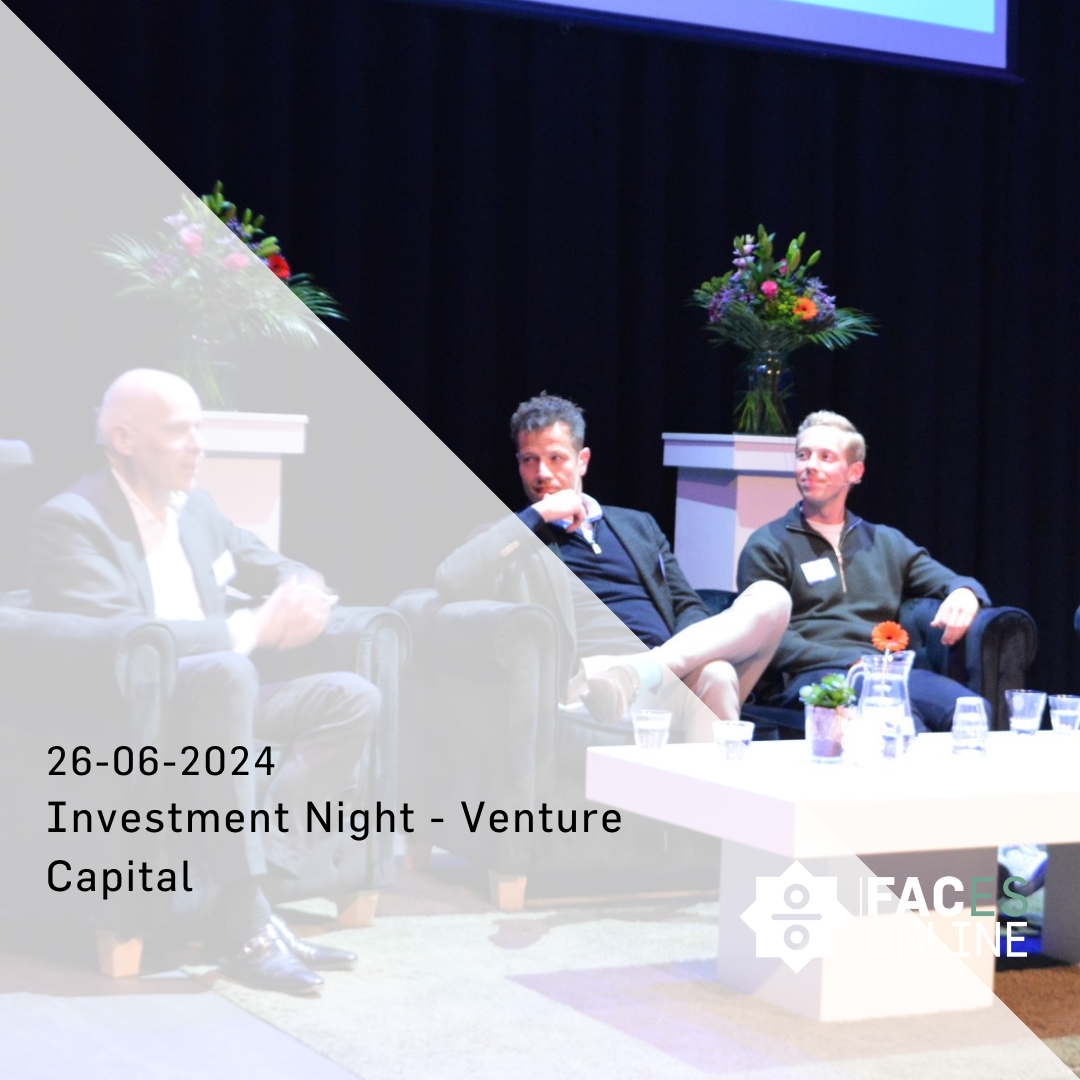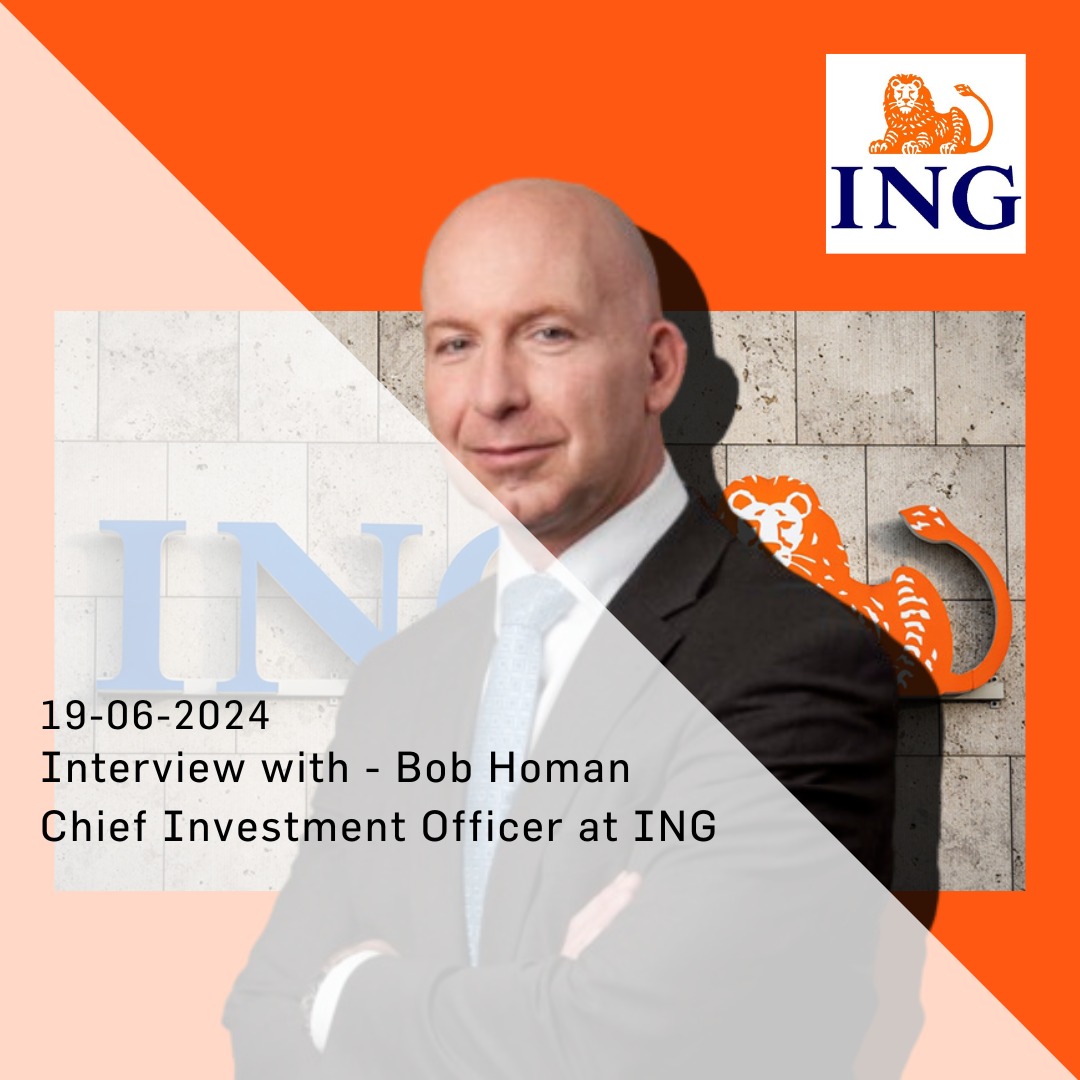Preparation for the eleventh edition of Investment Night began in early September. When we as a committee met for the first time at the beginning of

The business world is becoming increasingly aware of the importance of sustainability. But how does the transition process towards a ‘greener’ portfolio work? And what advice could be given to people starting their careers? We talk to Begga Berben (41), Regional Manager at ING Real Estate Finance.
What can you tell us about your background and career path?
I grew up in a small village in Belgium, went to an international school for ten years and spent last year of high school studying in Italy. I studied law in Leuven, Barcelona, and later in Leiden.
After having worked at Loyens & Loeff for a couple of years as a lawyer, I started working for ING. Working at the Legal department of ING in Amsterdam, I was supporting various commercial departments in legal matters. After 3,5 years I joined the global mid corporate department at ING, a more strategic role with international scope.
In 2009, I took on the role as Company Secretary to the Board of ING Group. At that time, the bank just received 10 billion of State aid, operating in the midst of the financial crisis. This was a very challenging but interesting period in my career. History was being written and it was an crucial time for the financial system.
For my next role we moved with the family to New York. My children – being 9,7 and 3 at that time – started at the American School without speaking a word of English. It took a few months for them to get up to speed. As for me, I started working at the ING Financial Institutions department which was a new world to me, the front office in the Institutional business. I was relationship manager for the American banks and investment managers.
When our oldest daughter was about to start high school we returned to the Netherlands. We missed certain aspects of the Dutch daily life and the Dutch way of life. Four years ago I started my job as Regional Manager of ING Real Estate Finance in the South of the Netherlands. Besides that role, I spent quite some time following the developments on the innovation side of the real estate business, a lot is happening in this field.
What service does ING Real Estate Finance provide?
We finance professional clients that buy real estate as an investment. We focus on long-term relationships and have a global footprint. In the Netherlands, the different ING REF regional offices work very closely together. Innovative concepts or ideas about new products are shared amongst each other and we try to translate those to our business. Apart from financing the real estate portfolio of our clients, we try to help them to make their real estate portfolio future proof. Therefore ING Real Estate developed a plan whereby we assist our clients in making their real estate more sustainable.
This topic becomes increasingly important now that as of 2023 all office buildings in the Netherlands will require at least an A, B or C-energy label. Our clients can approach our partner, Corporate Facility Partners, with the request to perform a scan of their portfolio. CFP will indicate which measures can be taken at what cost level in order to upgrade their portfolio towards a better energy label. Furthermore, our clients can get access to an energy robot, an application that measures the energy usage of their real estate. Clients can also seek subsidy advice through another partner (Van Draeckeburgh).
Last year we financed a major redevelopment of the old Philips territories in Eindhoven, Strijp T, with 80,000 square meters of building space. The majority of these buildings had an F-label. After finalizing the project, our client was able to obtain an A or even AAA label. Together we were able to restore a substantial piece of cultural and industrial heritage. This gives a sense of fulfilment. Strijp T currently functions as a magnet for innovation which the next generation wants to be part of. Sustainability proof and next generation proof. Mission accomplished I would say.
”Many started realizing that money can be earned with a “green” product. Besides, not participating is not an option anymore.”
Regarding sustainability, you already touched upon the implementation of new legislation. Do you think people or companies approach you solely because of this legal change, or possibly also from an ethical standpoint as well?
I think the level of awareness with regard to sustainability is developing very quickly. Four years ago, sustainability was definitely part of the agenda, but not yet top of mind. Over the past years the topic has become increasingly more important. We have noticed that people started to develop a sense of responsibility with regard to the next generation. Many started realizing that money can be earned with a “green” product. Besides, not participating is not an option anymore. Developments often go hand in hand with legislation and local initiatives. These initiatives should not be bound by borders and as the topic is universal and extremely relevant it should remain high on all agendas.
Do you have any tips for students starting their careers?
I would say: stay close to yourself, close your eyes, jump, and be surprised. You will enjoy the journey. Planning everything doesn’t always make sense. Of course, giving some direction to your career won’t hurt, but a lot is dependent on what and who crosses your path.
I did not always choose the easiest path but it provided me with challenges from which I learned. I often got surprised by positive twists and turns and got tons of energy and learned a lot from the people I met in different roles. As to making decisions on new or future roles, I always tried to make sure that I kept learning somehow in combination with “giving back”. “When was the last time you did something for the first time” is a quote by John Maxwell of which I thought often. There is so much to see, to learn and to do.
Thinking of other advice I could give to students starting their careers, I would say, go for a position where you are surrounded by people that trust you and allow you to grow as a person. And don’t be afraid of the unknown; most things can be learned. Attitude, drive, curiosity and the willingness to learn are very important in my view. Being on time is also an important element to me. It allows you to connect with people before and after a meeting. These are little valuable moments. Have a positive attitude towards feedback that other people give you, ask questions, truly listen to others and involve them in the plans you make.






















